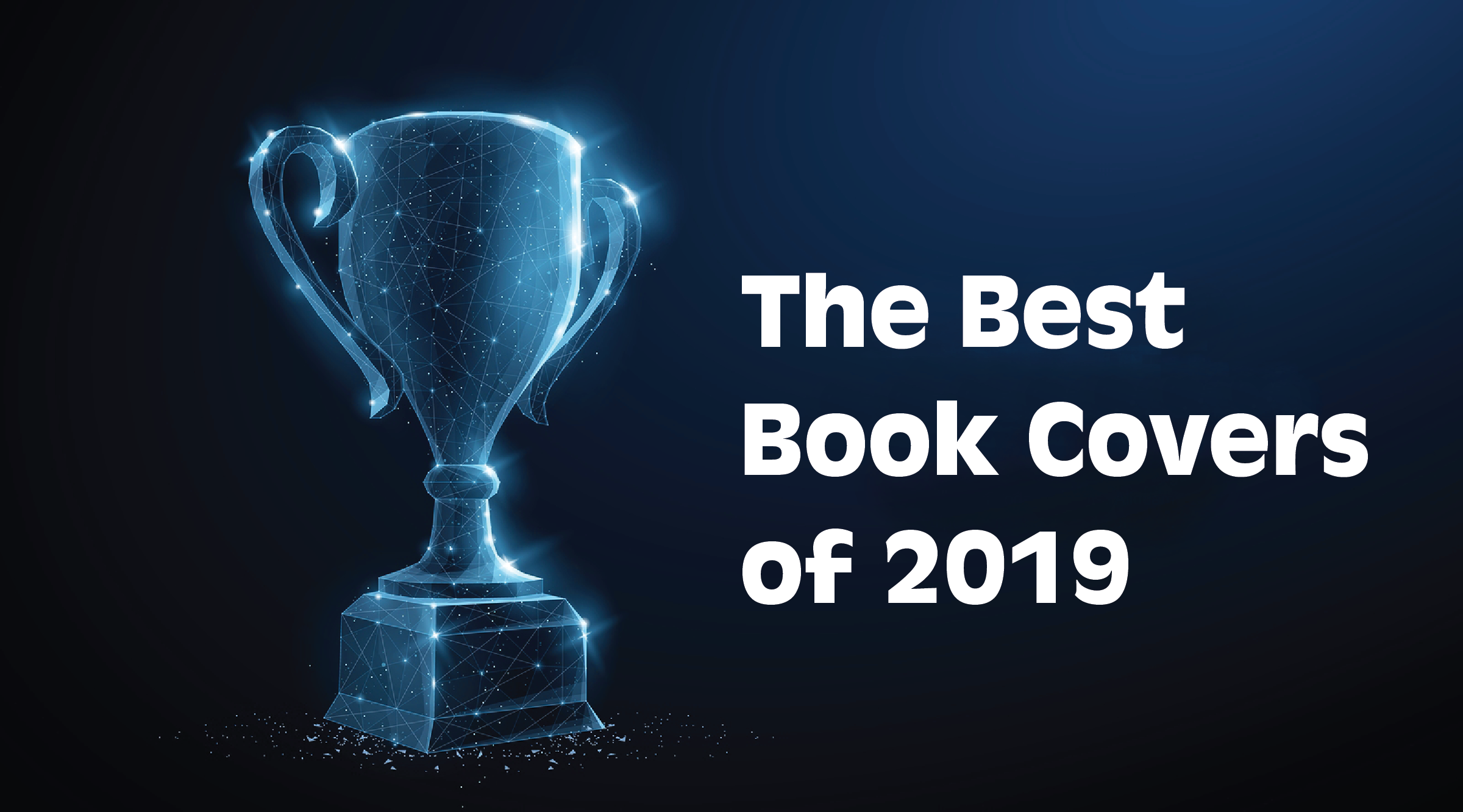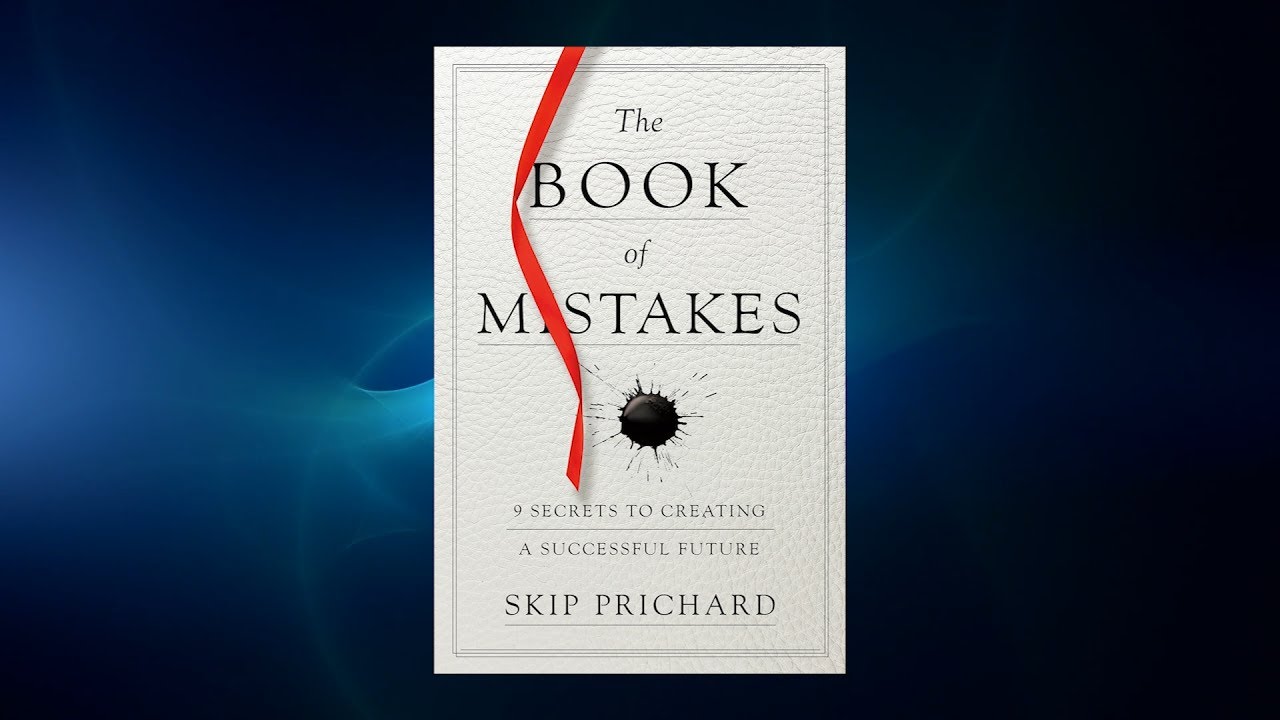Here are our winners of the best book jackets in 2019. What’s your favorite book cover? Best book covers 2019
Tag: Books
The Top 10 Novels of All Time
What are the top 10 novels of all time? OCLC Research compiled the most widely held list of novels from the world’s libraries.
The Best Book Covers of 2018
Here are our winners of the best book jackets in 2018. What’s your favorite book cover?
9 Reasons Authors Should Try a Book Trailer
9 reasons authors should try a book trailer to differentiate their book from the crowd. Book marketing techniques with a book trailer.
The Best Book Covers of 2017
Here are our winners of the best book jackets in 2017. What’s your favorite book cover?





